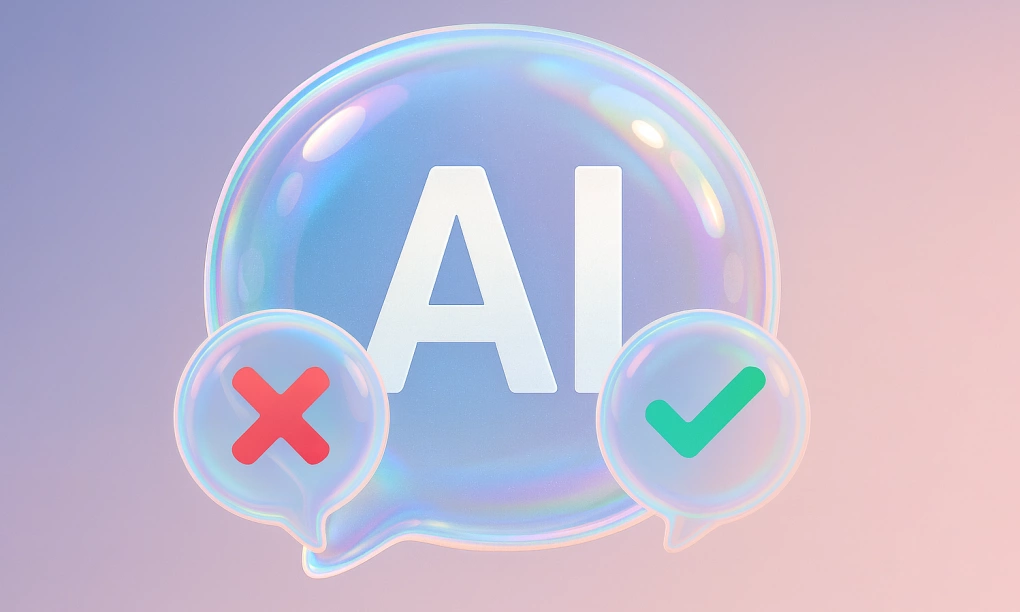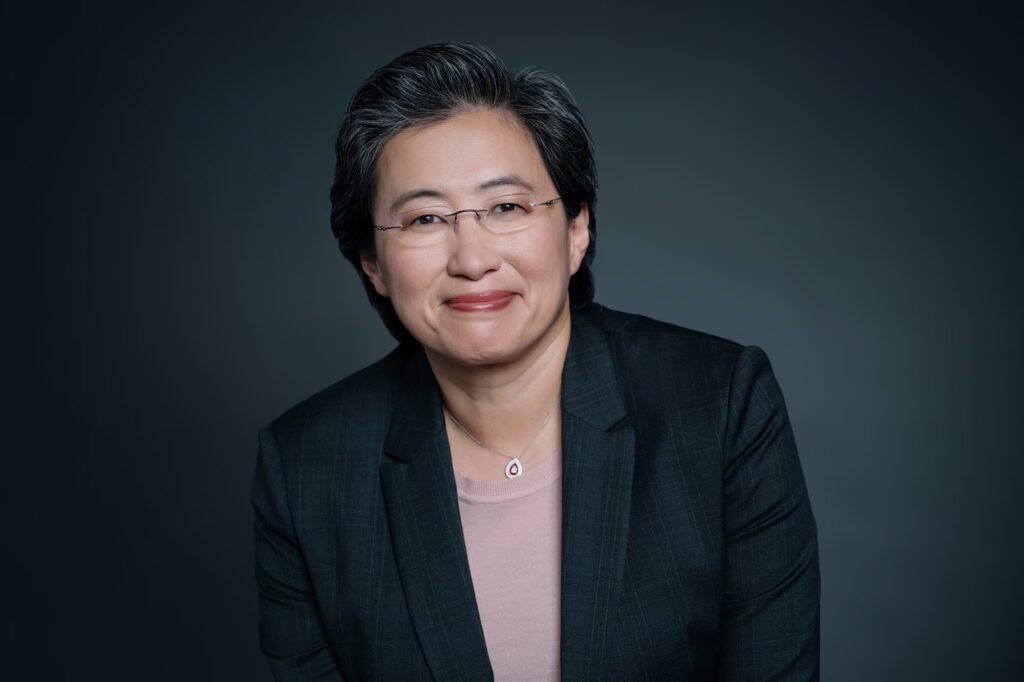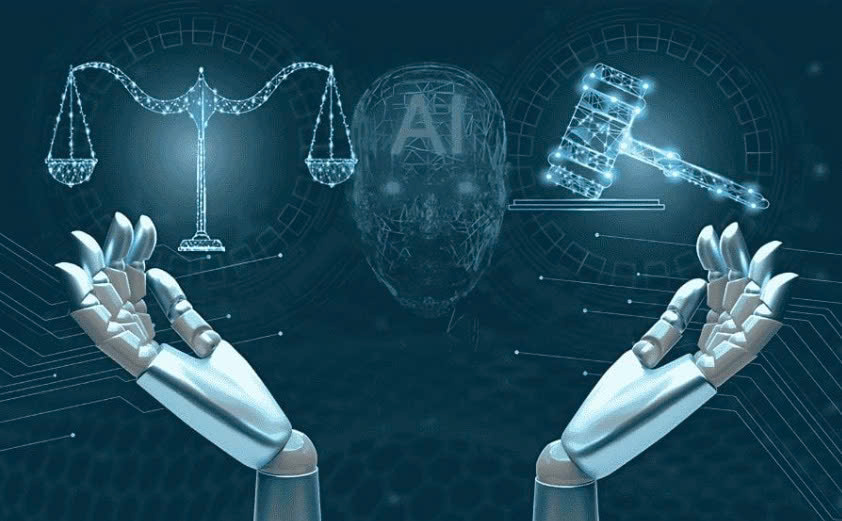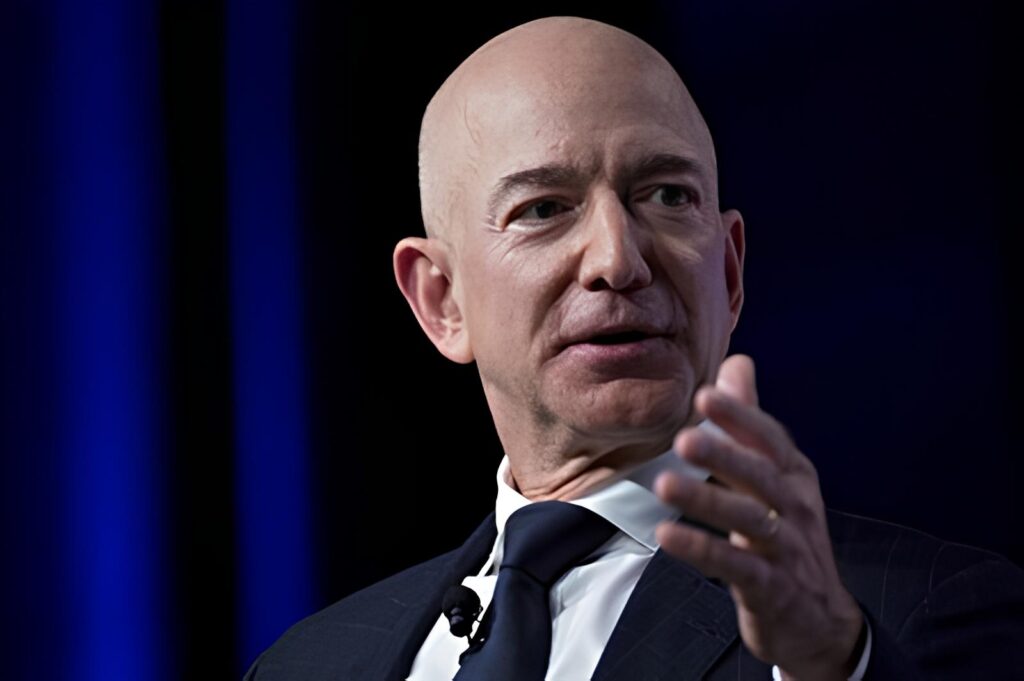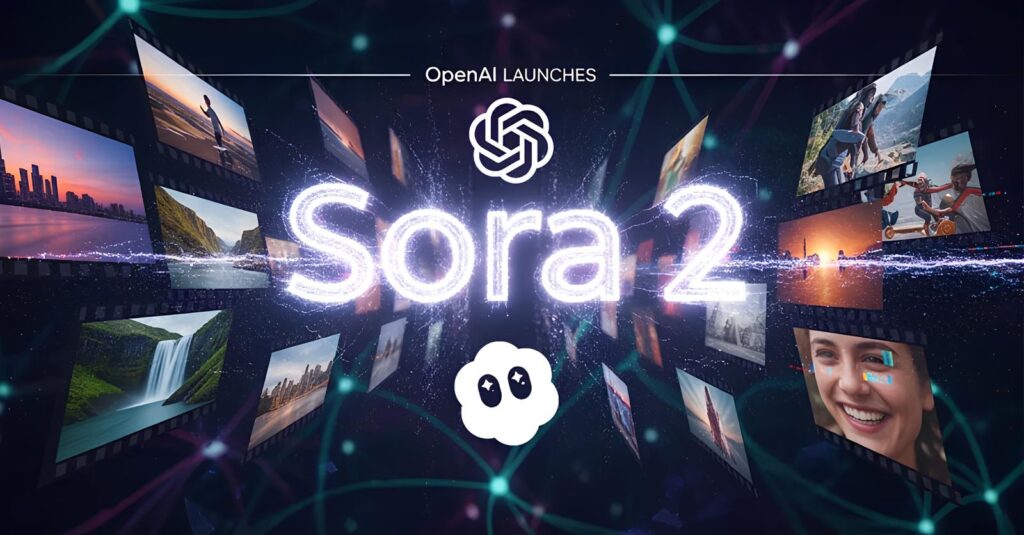Fierce Criticism: OpenAI “Commercializes” ChatGPT by Introducing Pornographic Content, Raising Concerns Over Ethics and Safety
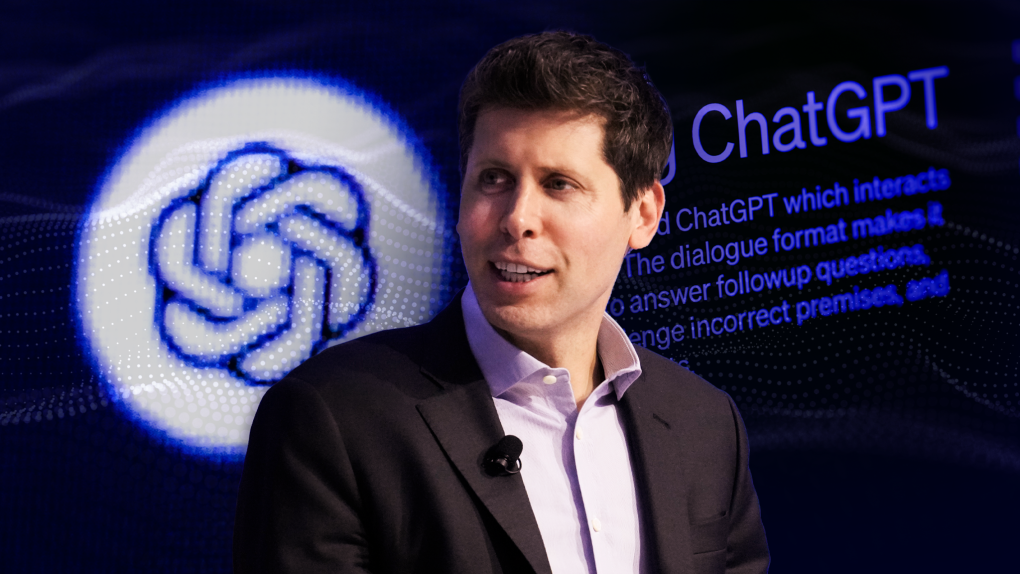
OpenAI’s plan to relax its policies and allow adult content on ChatGPT has faced a severe backlash. This move is widely viewed as excessive commercialization, carried out regardless of ethical barriers and safety risks, especially for younger users.
On October 14, OpenAI CEO Sam Altman announced the decision to allow pornographic content on ChatGPT starting in December, provided that users verify their age. However, instead of being welcomed, the announcement quickly ignited a fierce debate, questioning the ethical boundaries of AI technology.
The “All-Seeing Eye” and The Digital Vicious Cycle
On forums and social media, particularly Reddit, the criticism leveled at OpenAI goes beyond merely child safety, touching upon the fundamental issues of data collection and the control exerted by major corporations.
Many users worry that opening the door to adult content will transform the AI into an “all-seeing eye,” collecting humanity’s “darkest data.” Account Makk73 expressed fear of a “closed circuit, a feedback loop of depravity,” where data about “depravity, weakness, and desires” is used to train the AI, which then feeds back to the users, creating a toxic cycle.
This commercialization is seen as a dangerous trade-off: “When we are willing to provide our darkest secrets along with our identity… to large corporations, congratulations, you are now a slave of the company, a digital slave,” account Wooden Teaching candidly stated.
“Meaningless” Age Gates and Psychological Risks
The strongest reactions have come from parents and those concerned about the safety of minors. Although CEO Altman insists on age verification, tech billionaire Mark Cuban believes that this control “will be counterproductive” and “no parent believes their kids can’t get around online age gates.”
Cuban is concerned about older students potentially using the AI to “create” and lure 14-year-olds into viewing “violent pornographic works.” Account DeviLee shared a parent’s anxiety: “It is dangerous if they are exposed to this content in such a public manner. There might be age restrictions, but circumventing them is not difficult.”
In addition to the risk of early exposure, experts also warn about psychological harm. The National Center on Sexual Exploitation (NCOSE) urged OpenAI to reverse its plan, emphasizing that “sexualized AI chatbots are inherently risky, causing real mental health harm from fake intimacy.”
OpenAI’s Response: “Freedom” over “Safety”?
Faced with this strong wave of opposition, CEO Sam Altman admitted he was “surprised” by the storm of public opinion, yet he defended his decision. He explained that this is an effort to “give adults more freedom” and argued that “giving people the freedom to use [AI] the way they want is an important part of our mission.”
However, this argument for “freedom” is being weighed against “safety” and “ethics.” With OpenAI already under investigation by the U.S. Federal Trade Commission (FTC) regarding the negative effects of chatbots on children and teenagers, the decision to allow adult content is seen as a risky move, prioritizing commercial goals over social responsibility.
Many now view the AI as truly the “Pandora’s Box of the era,” unleashing spiritual calamities and sickness upon the digital world, all in pursuit of maximizing profit and platform popularity.


